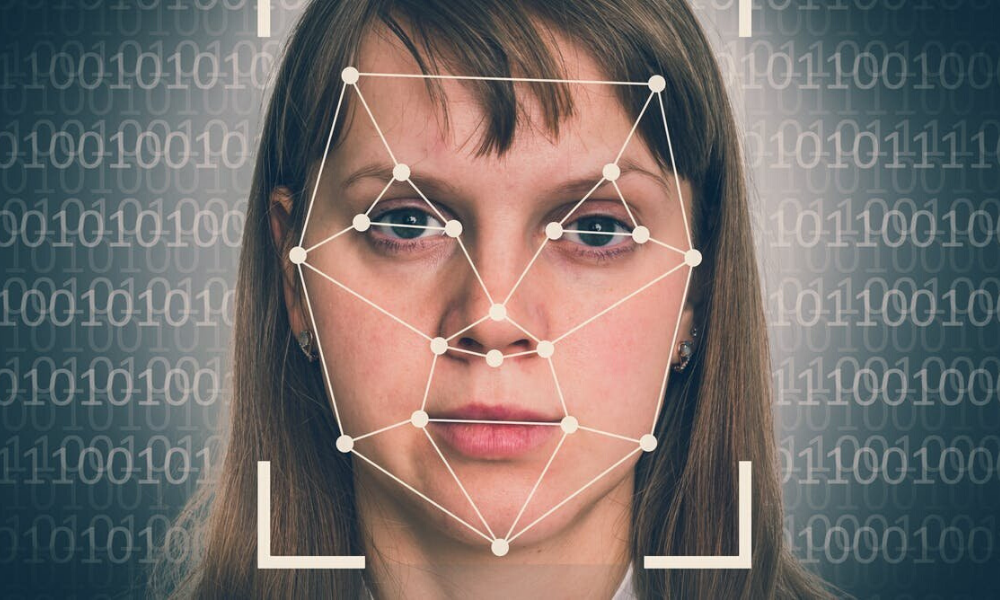Social media has brought undeniable benefits. It has opened parts of the world up like never before. Perhaps not since the age of exploration across the high seas and the indomitable Silk Route have disparate populations been brought together in such an unprecedented manner. People of different cultures from across the globe have been able to meet online and exchange ideas enhancing our arts and our sciences. Out of touch friends and family members have been able to reforge their social connections. And, disadvantaged populations have been able to band together online to finally gain a political voice. Yet, despite all this obvious good, social media also presents a new opportunity for bad actors. And, unfortunately, these forces of evil are slowly mastering perhaps the most dangerous online tool to date: deepfakes.
Deepfakes are a new technology that allows anyone to create forged videos. The deepfake creator can simply select a target, a political candidate for example, take existing images, video, and audio of that person, and through the use of artificial intelligence, create a video production having the target doing or saying whatever the deepfake creator so chooses. This is not Hollywood CGI or Photoshop but rather the creation of an artificial video of a real person indistinguishable from reality. With deepfake technology, reality can be anything the creator wants.
Since deepfake apps are already available, anyone with access to a smartphone or a computer can create deepfakes. That includes hostile nations, terrorists, fraudsters, and even the bully at your child’s school. The allure for these bad actors, let alone the draw of cheap online entertainment and comedy for many others, ensures that mass proliferation of this technology will come very quickly.
The power of deepfake technology is undoubtedly an existential threat. Democracy requires the ability to distinguish between fact and fiction. Imagine, if one day in the 2020 election cycle, one of the candidates known for their measured temperament and calm demeanor was captured in a video speaking about their support for the most abhorrent topics. And, imagine if this video, otherwise out of place, looked and sounded indistinguishable from reality. The ultimate effect on our politics is hard to predict, but deepfake technology has the ability to wreak havoc on our democratic process and siphon power to those that can master the production and distribution of deepfakes.
The need to intervene is becoming ever more pressing as the technology spreads. A complex problem like deepfakes generally requires a comprehensive response. Government can be slow to act but there must be legislative solutions. At the national level, Congressmembers Schiff, Murphy, and Curbelo have sent a request to the Intelligence Community to report back on the implications of this technology and devise potential solutions.
One of the most direct ways to protect against deepfakes is through education and building awareness. Even if the more complex policy proposals will take time, preparing society for the emergence of deepfakes can begin immediately. For example, the City of Los Angeles recently partnered with the Organization for Social Media Safety to declare February 13th Social Media Safety Day. Part of this day was devoted to raising awareness and introducing ideas to address the corrosive effect of deepfake technology.
The technology sector has a role to play as well. Some deepfake app developers have raised the possibility of layering audio watermarks into their app’s creations. This will provide a way to both identify forged videos and to pinpoint the source of the forgery. Other technology solutions come from using machine learning to identify deep fake videos by spotting pixel sized discrepancies in the video or minute changes in the audio.
This multipronged and layered approach is much needed and must begin immediately to prevent the greatest dangers that deepfakes pose. Perhaps, this will be a rare moment in history where we can respond proactively to an emerging threat. Preserving basic truth and the shared understanding that what we see and hear is actually real is our next great fight, and I am glad to be working with the Organization for Social Media as they lead the way.
Cameron Gil serves as the Director of SMS’ Student Advisory Council.

